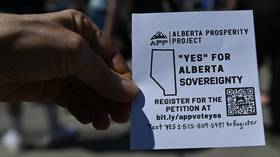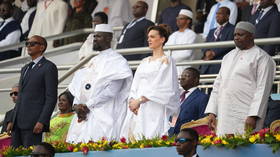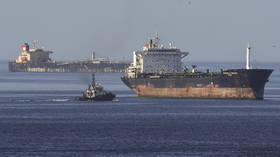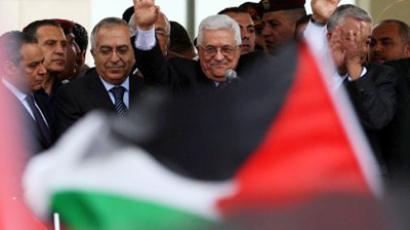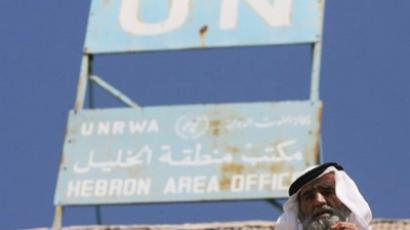Palestinian Authority in financial trouble, refused loan by IMF
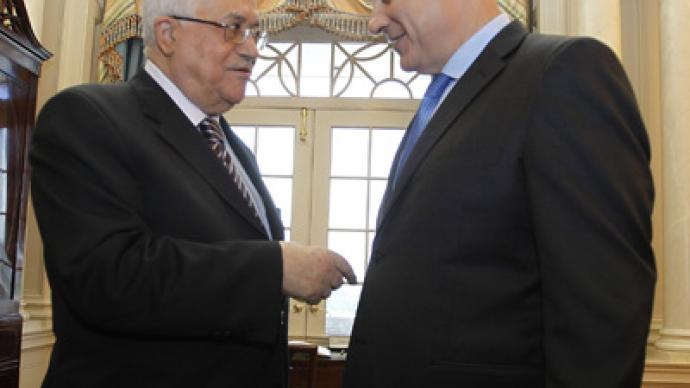
The Palestinian Authority may be in danger of collapse. In the midst of a financial crisis that is threatening its ability to function, it has now been refused a $100 million bridging loan via Israel from the IMF.
Palestinian Authority Prime Minister Salam Fayyad approached Bank of Israel Governor Stanley Fischer in search of Israeli assistance earlier this year. Fischer got approval from Israeli Prime Minister Benjamin Netanyahu to spearhead an Israeli request for a bridging loan.As the Palestinian Authority is not a state, it cannot technically apply for an IMF loan on its own. In order to circumvent the problem, Israel applied for the IMF loan on the Authority’s behalf, planning to forward the money directly to the PA. The PA would then in turn repay Israel, who would then repay the IMF. However, the IMF felt compelled to refuse, based on the grounds that it did not want to set a problematic precedent for loans by proxy. “What is available to the Palestinian Authority at the moment in terms of funds is not enough to pay government employee salaries this month, with Ramadan approaching. It is not sufficient to pay the bills that the Palestinian Authority owes to private companies,” said Minister Ahmad Majdalani, according to The Times of Israel.Although peace talks between Israel and the Palestinian Authority have been stalled for the past two years, Israel has a vested interest in the PA, as Israel views it as the only true viable partner in peace negotiations."Netanyahu is interested in preventing a situation whereby the PA collapses financially, which is liable to have a very negative impact on the West Bank security situation," a senior Israeli official said, according to Israeli Haaretz newspaper.The Palestinian Authority, the administrative organization established to govern parts of the West Bank and Gaza Strip now lacks sufficient funding to pay its employees through the end of 2012. If the Palestinian Authority is unable to function, governance of the West Bank and Gaza would likely pass to Hamas, who won broad support in the Gaza Strip in the 2006 Palestinian legislative elections much to the chagrin of the US and Israel.The majority of PA aid has traditionally come from the United States, the European Union, and Arab nations.The PA’s liquidity problems began as early as September 2011, when President Mahmoud Abbas defied US stipulations on aid by announcing a bid for statehood at the UN. Arab nations have been unable to provide monetary support for the Authority due to the financial crisis, and US aid has been either stifled or frozen after the Abbas’ statehood bid.





